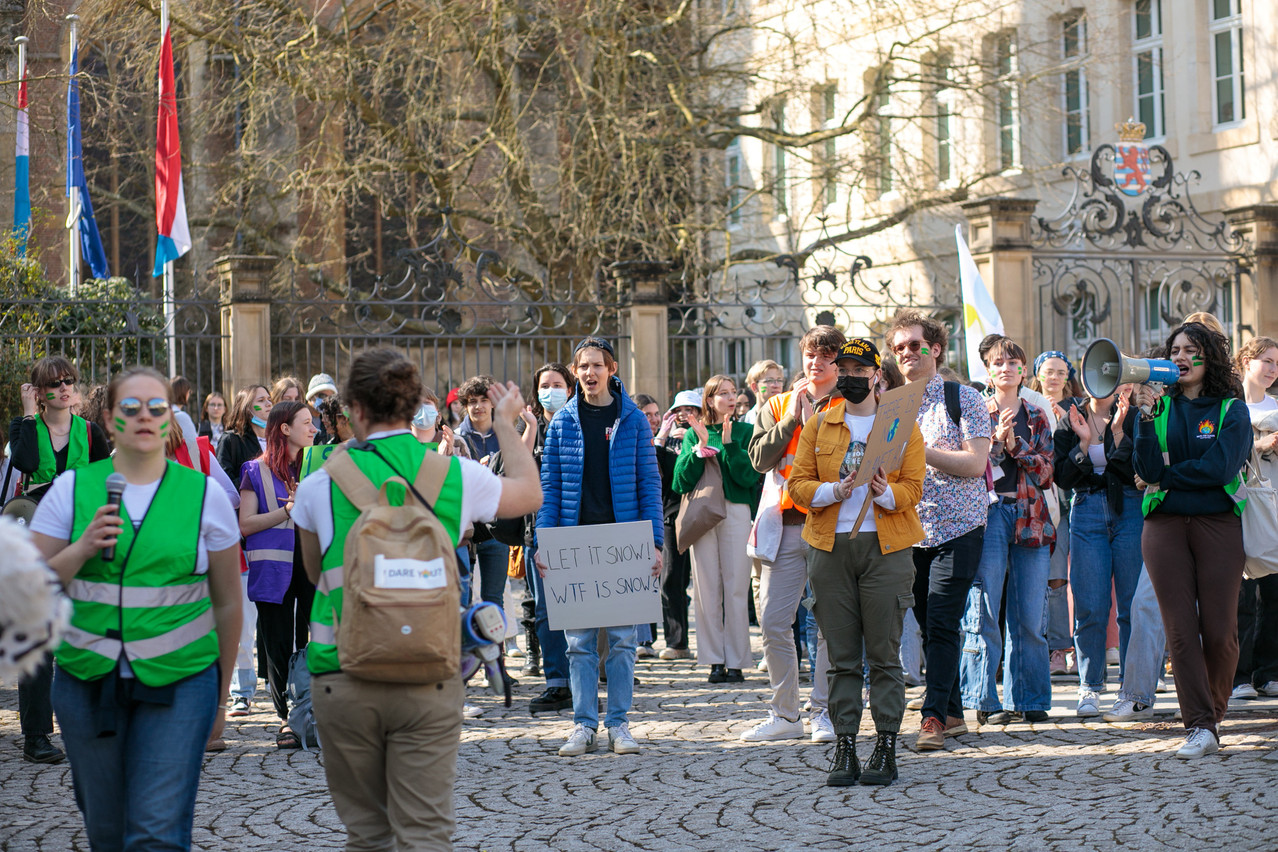It all started in the 1970s, following the steel crisis: the first tripartite meetings between the government and the social partners to find consensus on important economic and social issues. Every crisis has its tripartite, . But when will there be a tripartite on the environmental crisis?
Thomas, a researcher at the Luxembourg Institute of Socio-Economic Research (Liser) and author of a report for Eurofound on social dialogue in the grand duchy, says a climate tripartite would be a way of pushing employers and trade unions to “clarify their position”.
“On the one hand, we have declarations of principle, favourable to decarbonisation. On the other hand, as soon as a measure has concrete effects, there is a reflex to safeguard what has been achieved and the climate issue is put on the back burner,” he says. This is because decarbonisation can mean higher costs and job losses in the most polluting industries. These are the industries where “trade unions have a strong presence. Whereas new companies, in green energy, for example, which create other jobs, are less unionised.”
A good signal in the face of urgency
“There is an increasingly clear emergency situation, the carbon budget is shrinking,” says Thomas. But wouldn't it be counterproductive to put everyone around the table, rather than taking firm decisions? “There is a responsibility of the legislator. But in Luxembourg there is a tradition of social consultation, linked to the fact that it is a small country.” The tripartite would in any case send a “good signal, showing that the subject concerns everyone.”
However, the government and the social partners should not be the only ones around the table, says Thomas. He suggests inviting environmental organisations and preparing the meetings in a “structured and quantified way with written proposals.”
But is there the political will, from employers and trade unions, to engage in a planned transition, followed by effects?
“Of course I agree that there should be a tripartite on ecology,” OGBL president Nora Back says. “We have no choice, we have lost too much time already.” For her, however, the important thing will be a “fair ecological transition”, where it is not only the employees who pay while big companies continue to pollute. “It has to be hand in hand, everyone has to contribute.”
A European issue
“This must be brought into a wider discussion,” says Patrick Dury, president of the LCGB: “For companies and jobs to be equal, Europe will have to position itself differently. We can’t say, you decarbonise, and we import at lower cost from China.” Thus, a tripartite at the Luxembourg level seems to him to be ineffective. Instead, it should occur on a European level.
For the president of the Union des entreprises luxembourgeoises (UEL), Michel Reckinger, “it is not the tripartite that will decide.” It was decided a long time ago with the national climate and energy plan (NCEP). This integrated national energy and climate plan sets Luxembourg’s objectives for reducing greenhouse gas emissions by 55% by 2030. “Now, to know how to achieve this--it is sectoral. See what can be done in the building industry, in the craft industry, in the administration, in the shops... It’s specific and the aid will have to be sectoral.”
For there to be a tripartite, the government must convene it. When asked about the possibility of holding one on the environment, in the more or less long term, officials did not respond to the request of Delano’s sister publication Paperjam.
This story was first published in French on . It has been translated and edited for Delano.
